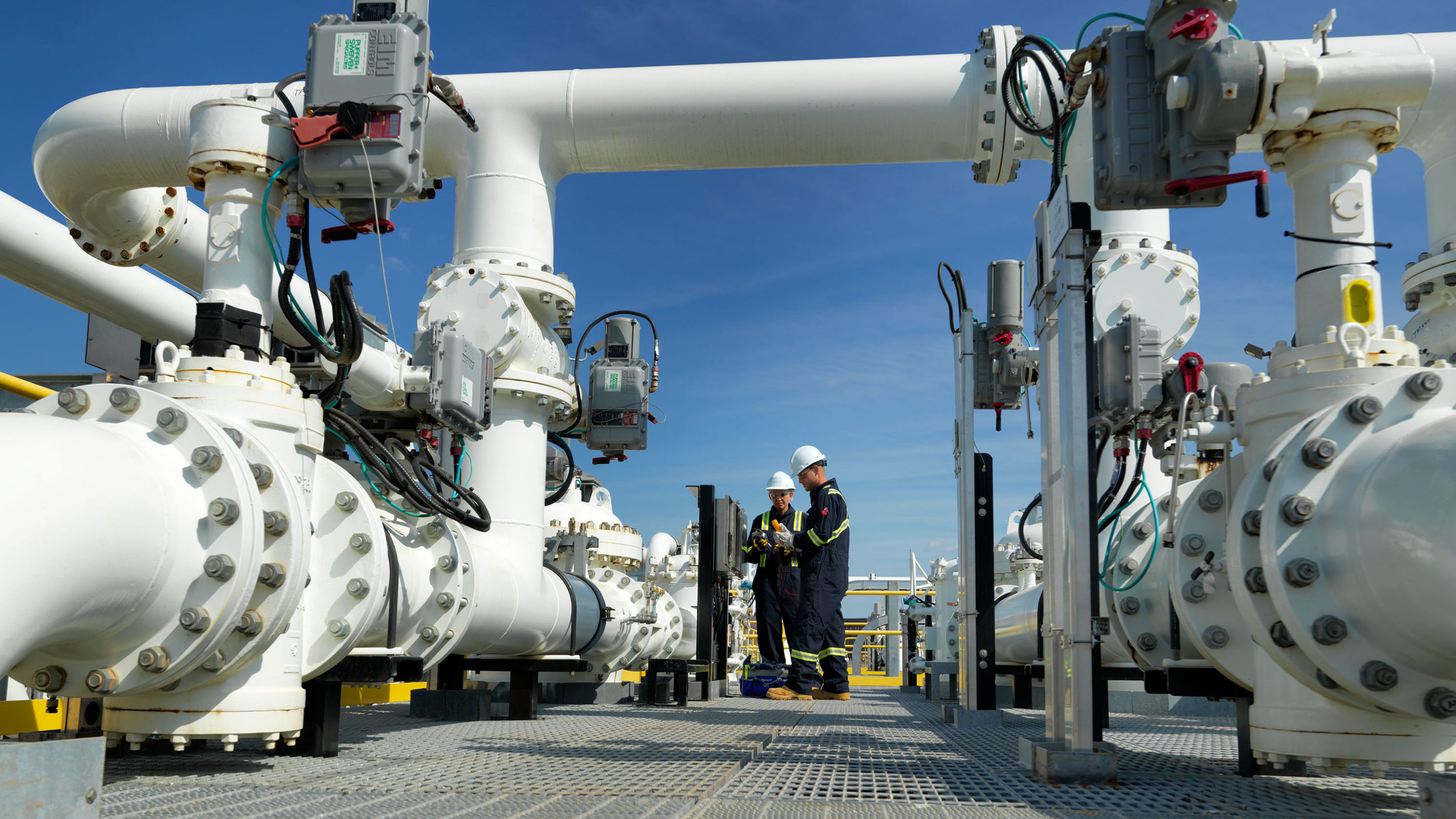A group of U.S. Democratic representatives is attempting to use the findings of a new technical report on the Keystone pipeline to justify President Joe Biden’s decision to revoke permits for its expansion, Keystone XL.
This is misleading and does not reflect what the report by the U.S. Government Accountability Office (GAO) actually says about the existing pipeline.
Here’s what’s really going on.
Fact: Keystone XL cancellation order not tied to pipeline safety concerns
President Biden’s January 2021 executive order cancelling the border crossing permit for Keystone XL makes no mention of any concerns about pipeline safety. It is solely focused on a misinformed stance about the role of Canadian oil in global climate change.
Biden’s order also makes no mention of the existing Keystone pipeline, which since 2010 has been connecting oil from western Canada with customers in the U.S. According to the GAO report, Keystone has delivered more than three billion barrels of oil, operating safely 99.9 per cent of the time.
The safety, technical and environmental stakeholders consulted for the GAO report said “the overall number and severity of accidents in Keystone’s history does not cause them concern about the overall safety of the pipeline.”
Fact: Keystone safer than other U.S. pipelines
The GAO report found that Keystone has consistently performed better than the U.S. nationwide average in terms of number of incidents impacting people or the environment.
Between 2010 and 2020, Keystone averaged 0.28 incidents per thousands of pipeline miles compared to an average of 0.67 incidents nationwide, the report said.
Two spills over the last five years impact Keystone’s track record in terms of volume released. These incidents occurred in 2017 and 2019, in total releasing about 0.0000037 per cent of oil transported by the pipeline since 2010.
Investigations found that TC Energy promptly addressed and cleaned up both spills after remotely shutting down the pipeline within 15 minutes both times.
Fact: New measures make Keystone even safer
TC Energy has strengthened safety measures on its entire liquids pipeline system, including Keystone.
The company introduced new inspection technology designed to detect the smallest abnormalities in order to prevent pipeline spills and as a result, there have been no serious incidents in the last 18 months.
Regulators in the U.S. have also strengthened safety measures, addressing common issues that occur during pipeline construction as well as an industry-wide pipeline quality issue at the time of Keystone construction, the GAO report said.
The Pipeline and Hazardous Materials Safety Administration has increased the amount of staff resources it devotes to inspecting pipelines that are under construction. PHMSA estimates that the number of days inspectors spend on construction inspections has approximately doubled since 2010.
Fact: The U.S. needs Keystone XL
While the Biden administration says no to more oil supply from Canada, it is saying yes to more oil from the OPEC+ cartel. That includes Russia, where in 2019 alone there were 10,478 spills on oil pipelines, according to a December 2020 report by Russia’s Ministry of Natural Resources.
Russia’s Rosneft has started building a massive $170-billion “new oil and gas province.”
As of May 2021, the U.S. more than doubled imports of Russian oil compared to December 2020, to 844,000 barrels per day, according to the U.S. Energy Information Administration (EIA). Meanwhile, Canadian oil imports went down by almost nine per cent.
Canada is the largest foreign oil supplier to U.S. consumers, reaching a record 4.1 million barrels per day in December 2019, prior to the global pandemic, the EIA reports.
The agency projects that U.S. foreign oil imports will rise by nearly 27 per cent between 2020 and 2050. increasing despite the rising share of renewables in the country’s energy mix.
Keystone XL would have delivered heavy oil from western Canada directly to refineries on the U.S. Gulf Coast, the world’s largest heavy oil refining market.
Absent this connection, more imports will likely be needed from less responsible and potentially unreliable OPEC+ jurisdictions like Venezuela, Russia and Saudi Arabia.
The unaltered reproduction of this content is free of charge with attribution to Canadian Energy Centre Ltd.
